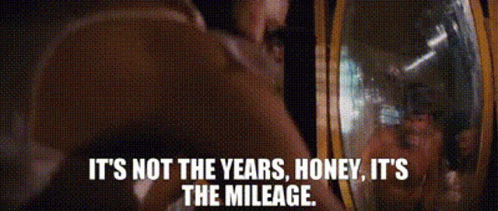+2
What I wrote in 2016 on what makes a movie great:
-Interesting expression of multiple intertwined ideas and states of being
-Beautiful soundtrack played in sync with visuals and in representation and accentuation of created world's mood (example "Mulholland Drive")
-Continuity and flow of a movie as a whole. If movie seeks to be realistic, it requires removal of information as to avoid over stacking plot threads for a viewer to keep in mind cohesively. In other words- an addition of mystery elements. Mystery movies themselves are best to avoid categorical realities or dimensions in case these might disrupt dreamlike flow. Overall, jumping between realities or dimensions rarely work as a positive. For example "Thor: The Dark World" wasn't good, "Sucker Punch" was nice, but more fusion between reality and fantasy would have improved it.
-Tight plot can carry a movie on it's own (example "Infernal Affairs/ The Departed"), the more loose a plot is, the more it would benefit from creativity in make up, costume and production design, strange visuals or characters and other idiosyncrasies. The common thread of a movie is better be maintained on background level, but it would benefit if it isn't monotonous throughout a movie on overlaying level
-Editing of sound and visuals is not immediately noticeable but it plays tremendous role in how a movie is experienced (example "Mad Max: Fury Road")
-Directions that usually work in films favor are: thriller vibe over plain action, mystery elements over tangled exposure, romantic flavor in non romance movies. All these threads help to avoid monotony
-Pure action or romance movies tend to be bland if other genres aren't incorporated
-Action and violence is usually best sprinkled throughout and preceded by build up in form of exposition of reasons (example "Captain America: Civil War") or rising tension (example "Green Room")

 Check out my podcast:
Check out my podcast: 